Learn More
Next Generation ACO (NGACO) Model
Next generation ACOs are a step above standard ACOs. When your organization opts in for this model, they agree to take on more financial risk, but also more reward. This means that if you don’t end up saving Medicare money, but end up costing them money, your ACO will be responsible for paying back a larger amount. Since it is very easy to rack up expenses with large amounts of Medicare beneficiaries, it is recommended that only very experienced ACOs should consider enrolling in this newer Medicare model.
The goal of this model is to see if stronger financial incentives for ACOs, coupled with tools to support better patient engagement and care management, can improve health outcomes and lower expenditures for Original Medicare fee-for-service (FFS) beneficiaries.

Added Benefits for Beneficiaries
Telehealth Expansion
Allows beneficiaries who are associated with a Next Generation ACO to receive telehealth services from their doctor from their homes, regardless of geographic location. In addition, these beneficiaries are allowed to receive certain dermatology and ophthalmology services using asynchronous (i.e., store and forward) telehealth technology.
Three-Day Skilled Nursing Facility Waiver
Allows Next Generation ACO beneficiaries to be admitted into a Skilled Nursing Facility (SNF) straight from their homes, doctor’s office, and hospital. In regular Medicare, beneficiaries would have to be admitted to the hospital as an inpatient for 3 days or more before being eligible to go to a SNF.
Cost Sharing for Part B Medicare Services
As a Next Generation ACO, you can reduce or eliminate cost sharing amounts for certain Medicare Part B services for your beneficiaries. These cost share items are things like copayments, coinsurance, and deductibles that your beneficiaries would usually have to pay. By getting rid of some costs for the beneficiaries, they would be more willing to follow the treatement plan that you have laid out for them.
As the ACO, you can designate which Medicare Part B services that you want to reduce or eliminate the cost sharing amounts of. The items that you cannot eliminate the costs of are drugs and durable medical equipment.
Chronic Disease Management Reward (Gift Card)
Should your Next Gen. ACO choose to, your organization is allowed to give gift cards to your Medicare beneficiaries in order to promote participation in your programs. NGACOs that select to participate in this benefit enhancement must submit an Implementation Plan detailing how they will structure their chronic disease management reward program. NGACOs will be permitted to offer programs that focus on aligned beneficiaries with a specific disease or chronic condition, as long as the program does not discriminate against any aligned beneficiary who would otherwise qualify for participation.
In terms of the gifts, NGACOs must fully fund the gift card and give it directly to the beneficiary. You cannot give more than $75 annually per beneficiary. If your beneficiary has multiple chronic illnesses, they cannot receive gift cards for each illness. The gifts cards cannot be redeemable for cash and it cannot be used to buy alcohol or tobacco products.
Post-Discharge and Care Management Home Visit
NGACOs are allowed to contract with licensed clinicians (auxiliary personnel) to provide a visit to an aligned beneficiary at the beneficiary’s home under the general supervision of a Next Generation Participant. This means that the your organization’s staff doesn’t have to be the ones to perform the beneficiary’s home visits.
The idea of this benefit is that in some cases, a beneficiary might want an at home visit but their doctor isn’t available to come. This system allows the patient to still be seen at home by a professional clinician, and allows the doctor to make sure that the patient is still following their care plan without having to actually be there.
In order for this benefit to apply, your beneficiary must be discharged from:
- Acute care hospital
- Emergency department
- Observation
- Inpatient psychiatric facility
- Inpatient rehabilitation facility (IRF)
- Skilled nursing facility (SNF)
- Critical access hospital (CAH)
- Long-term acute care hospital (LTACH)
